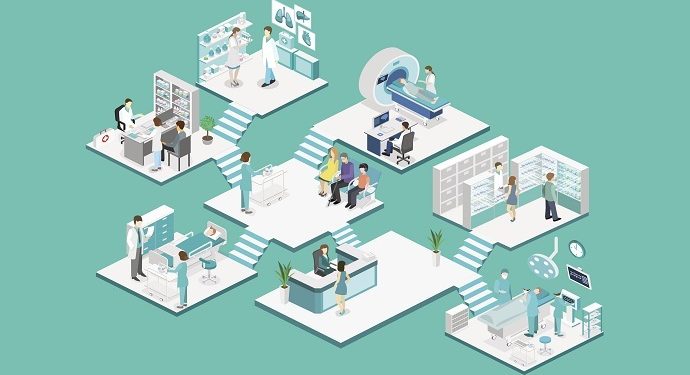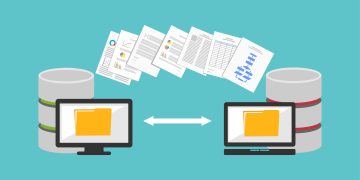Big Data in healthcare is transforming marketing communication into strategic engagement entities. By making patient and customer data available in one centralized location, call center representatives can have individualized and informed conversations. In turn, this translates to improved customer engagement and satisfaction. It has multiple applications and benefits, but it requires careful planning. To make the most of it, organizations should develop an enterprise-wide data governance process and develop a data lake to store healthcare data.
Increasingly, healthcare providers are adopting interactive patient dashboards, which visualize relevant metrics and can take into account big data insights to recommend appropriate courses of action. Although privacy concerns are an important concern in any industry, these concerns are particularly significant in healthcare, where patient information is often the most private. The use of Big Data in healthcare is likely to increase efficiency and improve patient outcomes.
Benefits of this technology include improved early detection of disease, increased patient safety, and improved pharmacovigilance. These benefits are accompanied by challenges and opportunities that must be overcome. While these challenges will be significant, the rewards of this technology are enormous. This technology can make healthcare a more efficient place to live and work.
Big data in healthcare market revenue is expected to grow at lucrative rate over the forecast period primarily due to increased digitalization in industrial process. Digitization is transforming industrial processes, functions, products, and services. Advent of e-commerce has resulted in a sudden spurt in data being generated by various companies.
Healthcare big data is increasingly complex information that requires specialized processing by data scientists and machine learning algorithms. The digitization of healthcare information coupled with the rise of value-based care has fueled this trend. The advent of this technology has also brought a number of benefits, including the ability to create individualized patient profiles. Big data can also be used to detect diseases earlier, which translates to improved patient care. And, when used properly, big data can improve patient engagement and improve overall health.
Big Data in the medical sector can improve patient outcomes, improve operational efficiency, and direct resources to areas where they are most needed. In fact, big data can be combined with general demographics databases to create a comprehensive picture of a patient’s health. This can allow clinicians to better treat high-risk patients and increase the quality of their care. Ultimately, big data in healthcare is the future of healthcare. It’s an exciting time to invest in healthcare and build the technological infrastructure to take advantage of this new technology.
By combining clinical data from different sources, healthcare big data analysis can identify patient cohorts at risk for certain conditions. This data can then be used to help healthcare providers take proactive steps to prevent these problems. Furthermore, healthcare analytics can be used to educate, inform, and motivate patients. It has the potential to transform patient care by enabling clinicians to use the information from various sources.
It is a logical step in this process. It is part of a larger picture and a variety of nascent technologies work together to create an entire picture. Machine Learning is a revolutionary new tool for data processing. It is essential for accurate predictions of future health outcomes. It will make medical data accessible to researchers, patients, and providers. It’s all a part of healthcare and it’s an exciting time for healthcare.
When considering technology that increases and optimizes data sharing, it’s important to remember to keep the data secure. Check out the infographic below to see the impact of cybersecurity in healthcare!
Infographic provided by MCRA, an FDA regulatory consultant for medical devices
















